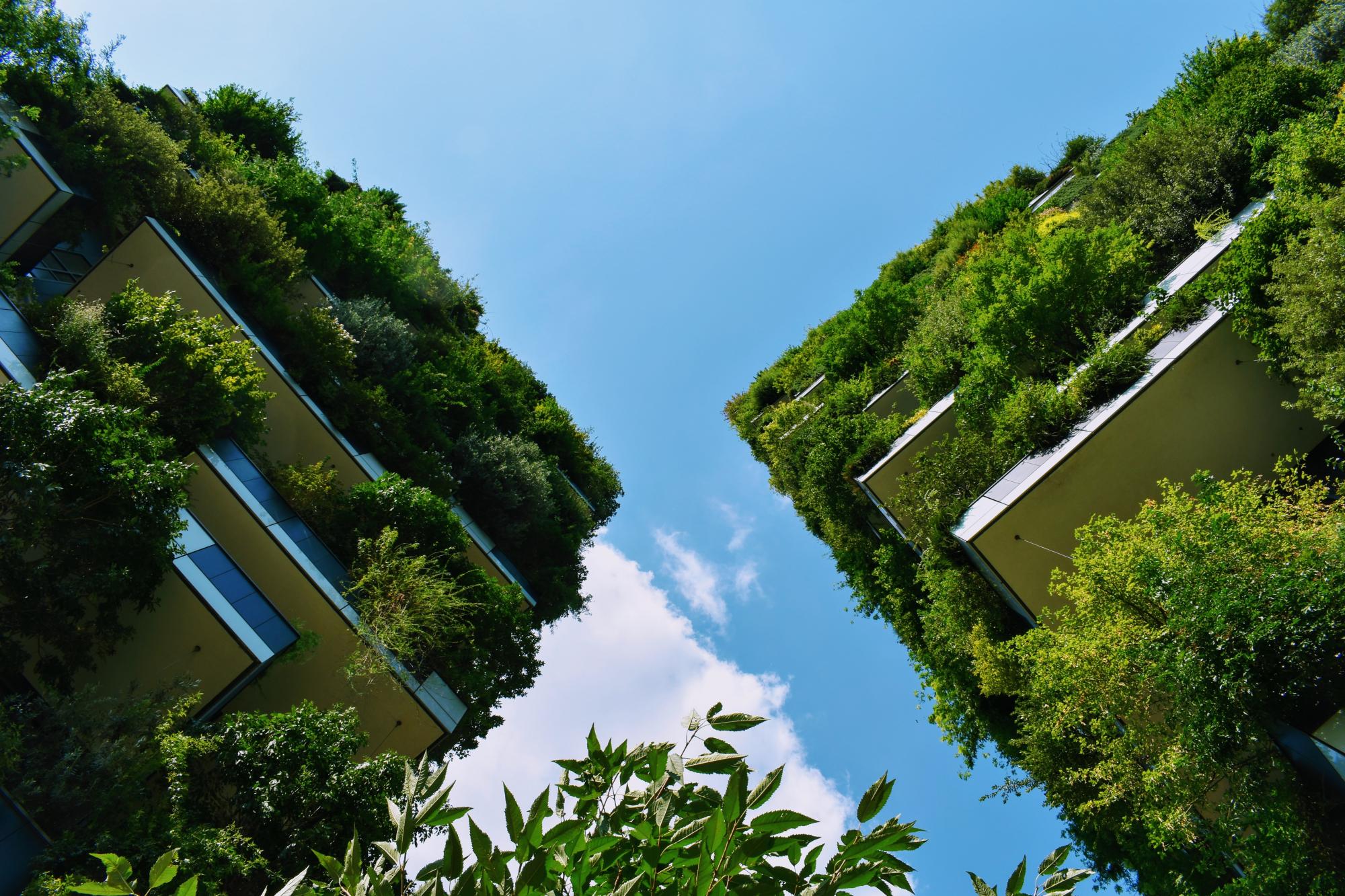The Urban Micro-Lungs is an Urban Living Lab project in the East of Amman, Jordan that applies the Miyawaki methodology for afforestation to create new green spaces. As part of the project special urban forests were created with the aim to improve the quality of life in dense and deprived urban areas, tackle climate change caused problems such as the urban heat island effect while also supporting local biodiversity. The project was initiated by the Deutsche Gesellschaft für Internationale Zusammenarbeit (GIZ) on behalf of the German Federal Ministry for Economic Cooperation and Development (BMZ) in cooperation with the Ministry of Environment and the Greater Amman Municipality, TAYYUN Research Studio (1,3,4). While the project was just completed in 2021, "the Urban Living Lab has shown the feasibility of creating green spaces even in adverse conditions characterised by dense construction, high degree of surface sealing and lack of open spaces." (1)
Overview
Nature-based solution
- Parks and urban forests
- Pocket parks/neighbourhood green spaces
Key challenges
- Climate action for adaptation, resilience and mitigation (SDG 13)
- Climate change adaptation
- Environmental quality
- Air quality improvement
- Green space, habitats and biodiversity (SDG 15)
- Green space creation and/or management
- Regeneration, land-use and urban development
- Promote natural styles of landscape design for urban development
- Water management (SDG 6)
- Stormwater and rainfall management and storage
- Social justice, cohesion and equity (SDG 10)
- Social justice and equity
- Environmental education
Focus
Project objectives
Implementation activities
Climate-focused activities
Climate change adaptation:
- Implement solutions to capture/store water to increase its availability and prevent shortages from droughts
- Increase or improve urban vegetation cover to help reduce outdoor temperature
- Implement sustainable urban drainage infrastructure (e.g. to make space for water)
Main beneficiaries
- Local government/Municipality
- Citizens or community groups
Governance
Management set-up
- Led by non-government actors
Type of initiating organisation
- Researchers/university
- Multilateral organisation
Participatory approaches/ community involvement
- Co-planning (e.g. stakeholder workshops, focus groups, participatory mapping)
- Dissemination of information and education
- Consultation (e.g. workshop, surveys, community meetings, town halls)
- Joint implementation (e.g. tree planting)
- Citizen monitoring and review
Details on the roles of the organisations involved in the project
Project implemented in response to ...
Financing
Total cost
Source(s) of funding
- Public local authority budget
- Public national budget
- Research organisation / University
Type of funding
- Earmarked public budget
- Direct funding (grants, subsidies, or self-financed projects by private entities)
Non-financial contribution
- Provision of labour
- Citizens (e.g. volunteering)
Impacts and Monitoring
Environmental impacts
- Climate change
- Lowered local temperature
- Environmental quality
- Improved air quality
- Improved soil quality
- Green space and habitat
- Promotion of naturalistic styles of landscape design for urban development
- Increased green space area
- Increased conversion of degraded land or soil
- Increased number of species present
- Restoration of derelict areas
Economic impacts
- Unknown
Socio-cultural impacts
- Social justice and cohesion
- Improved liveability
- Improved access to urban green space
- Increased opportunities for social interaction
- Increased involvement of locals in the management of green spaces
- Education
- Increased support for education and scientific research
- Increased knowledge of locals about local nature
- Increased awareness of NBS and their benefits
Type of reported impacts
Presence of formal monitoring system
Presence of indicators used in reporting
Presence of monitoring/ evaluation reports
Availability of a web-based monitoring tool
References
Internationale Zusammenarbeit (GIZ) GmbH. Accessed on November 14, 2021. Source link
2) AECOM (2021.) Amman Green City Action Plan. AECOM Limited. Accessed on November 14, 2021.
Source link
3) GIZ. (2021). The Urban-Micro Lungs Initiative in Amman, Jordan. Deutsche Gesellschaft für
Internationale Zusammenarbeit (GIZ) GmbH. Accessed on November 14, 2021. Source link
4) Assaf, Deema. (2020.) Urban Micro-Lungs: Mini-Forests for Climate, Biodiversity & Wellbeing. Urbanet. Accessed on November 14, 2021. Source link
5) Midorization. (n.a.) Making of Amman Urban Forest. Accessed on November 14, 2021. Source link
6) GIZ. (n.a.) Improving green infrastructure in Amman. Deutsche Gesellschaft für
Internationale Zusammenarbeit (GIZ) GmbH. Accessed on November 14, 2021. Source link



